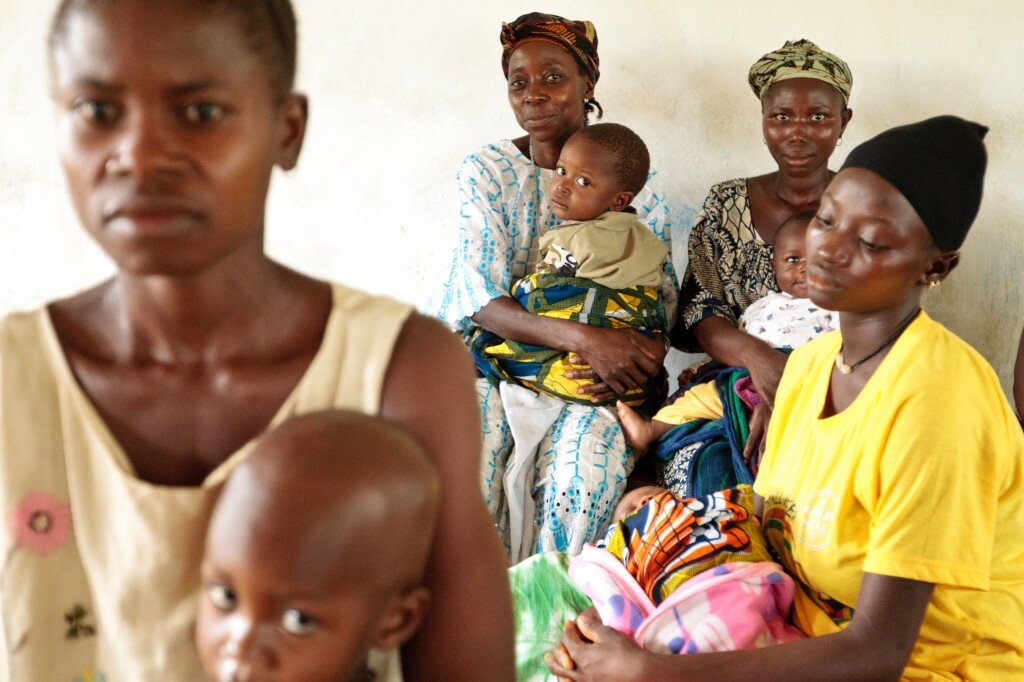END7 is participating in Blog Action Day on October 16th — a day for thousands of bloggers to come together to talk about inequality.
Most people living in the United States and other high-income countries have never heard of diseases like elephantiasis, river blindness, snail fever, trachoma, roundworm, whipworm or hookworm. But nearly one in six people globally, including more than half a billion children, have these diseases – known as neglected tropical diseases (NTDs). Without treatment, NTDs can lead to lifelong disabilities and suffering. Because NTDs largely affect the world’s most vulnerable communities, those already affected by extreme poverty, they are notorious for perpetuating inequality.
Yet ending NTDs is an achievable and realistic goal. All it takes is 50 cents per person per year to treat and protect someone from all seven of the most common NTDs. And with regular treatment, NTDs can be controlled and eliminated for good.
NTDs have devastating consequences for the world’s poorest people. They can lead to malnutrition and stunting, blindness, disfiguration, cognitive delays, lost productivity, poor maternal and child health and social stigmatization.
The links between NTDs and inequality are well documented. For example, an article published in PLOS NTDs revealed that Indonesia’s high prevalence of NTDs could perpetuate inequality within the country, despite its surging economy. NTDs make it hard for parents to make a living, and for children to attend school. These diseases drastically weaken a person’s health and cause unnecessary suffering.
When children and parents become infected with one or more NTD, their potential is diminished; was unable to attend school because of intestinal worms – a type of NTD. And , a father in Sierra Leone, could no longer work and provide for his family when he became infected with , a painful NTD that can lead to death.
Countries like Colombia and Ecuador have already eliminated the NTD onchocerciasis. And countless other countries in Africa, Asia and Latin America are well on their way to ending needless suffering caused by NTDs.
By defeating NTDs, we can ensure that the world’s poor have an equal chance. At the basic level, everyone should have adequate nutrition, the opportunity to be educated and the right to prosper and contribute to society. Yet NTDs rob the billion and a half people living in poverty of these basic opportunities and undermine other development efforts. If we wish to end inequality, we must end NTDs. If we wish to address some of the world’s greatest challenges like world hunger, AIDS, poverty and needless suffering, we must end NTDs.
But in order to end NTDs and achieve greater health equity, we must continue to raise awareness and advocate for the control and elimination of these diseases. Ending NTDs must be a priority within the global development agenda and among world leaders. Countries like the United States and the United Kingdom must remain committed, and even increase their commitments, to supporting NTD-endemic countries in their fight against NTDs. Most of all, we cannot remain quiet and take a back seat as more than half a million children continue to suffer from preventable diseases. Stand up against inequality today by pledging to end NTDs.




